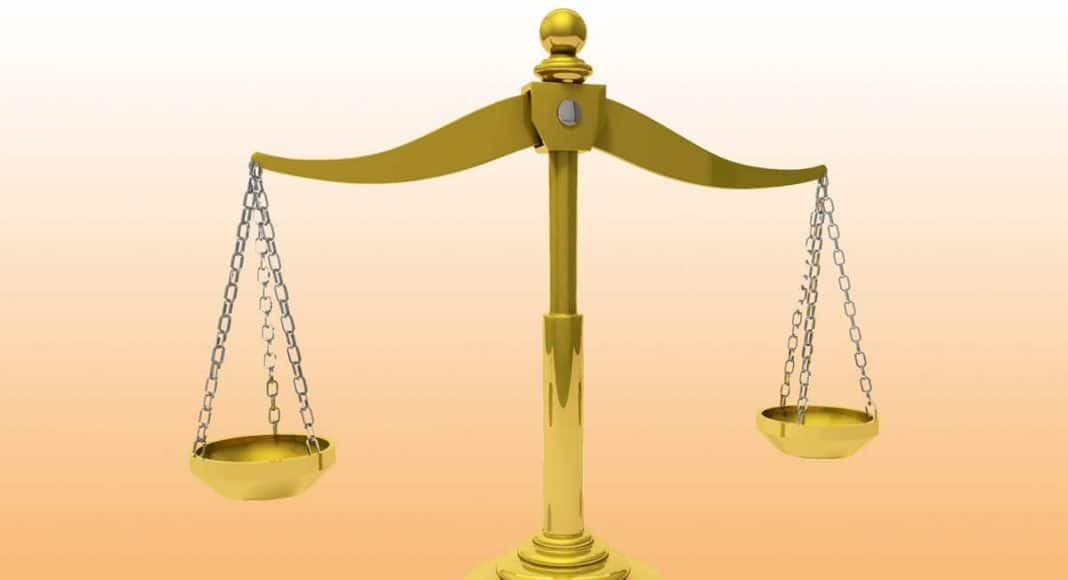State medical marijuana laws and their implementation are safe until September 30th of this year. In a highly anticipated move, Congress extended the protections of the well-known “Rohrabacher-Blumenauer Amendment” (the “Amendment”) last week.
This extension is an important political and legal action after Attorney General Jeff Sessions threw the state-legal cannabis industry into a tizzy after rescinding the Obama-era Cole Memo in January (he has provided further, largely unhelpful guidance since then).
But what impact does the Amendment really have? It could be significant over the coming months, though I am confident that Sessions and other U.S. Attorneys may seek to undermine the spirit of that law as time goes on.
The Amendment first passed back in 2014 and has been consistently renewed and extended by Congress in the form of budget riders since then (and this last one is around 2,200 pages). The Amendment has been construed as stopping the federal government from prosecuting state-legal medical cannabis operators, but outside of the Ninth Circuit, it has not been tested.
The Amendment provides that:
None of the funds made available under this Act to the Department of Justice may be used, with respect to any of the States of Alabama, Alaska, Arizona, Arkansas, California, Colorado, Connecticut, Delaware, Florida, Georgia, Hawaii, Illinois, Indiana, Iowa, Kentucky, Louisiana, Maine, Maryland, Massachusetts, Michigan, Minnesota, Mississippi, Missouri, Montana, Nevada, New Hampshire, New Jersey, New Mexico, New York, North Carolina, North Dakota, Ohio, Oklahoma, Oregon, Pennsylvania, Rhode Island, South Carolina, Tennessee, Texas, Utah, Vermont, Virginia, Washington, West Virginia, Wisconsin, and Wyoming, or with respect to the District of Columbia, Guam, or Puerto Rico, to prevent any of them from implementing their own laws that authorize the use, distribution, possession, or cultivation of medical marijuana.
On its face, the law only precludes the Department of Justice (DOJ) from spending funds to “prevent” any of the foregoing states “from implementing” their medical cannabis laws. However, in the Ninth Circuit, as a result of the McIntosh case, the Amendment has some serious teeth. In that case, the Court ruled in favor of medical cannabis providers who disputed the DOJ’s enforcement of the federal Controlled Substances Act against them in their respective states (all of which have legalized medical cannabis) due to the Amendment. In doing so, the Court reaffirmed Congress’s intent to halt federal enforcement measures against medical marijuana providers in states that have legalized and regulated it.
To date, the McIntosh ruling represents the highest judicial approval of that legislation as an effective means of curbing federal crackdowns on state-legal medical marijuana programs. Nonetheless, the Court made clear that its ruling only applies to medical cannabis operators. And the Court remanded the cases back to the lower courts to investigate whether the appellants were, in fact, in full compliance with their states’ laws regarding medical cannabis. Notably, the DOJ didn’t appeal this ruling to SCOTUS, and it also dropped another major case—the Harborside Health Center forfeiture case that had raged on for years–after the McIntosh ruling.
Clearly, to avail yourself of the protections of the Amendment in the Ninth Circuit, you must be on the medical cannabis side and you must be in complete compliance with your state’s medical cannabis laws and regulations. While the McIntosh and Harborside cases show us that the Amendment can be used as an effective shield, those cases resolved before Jeff Sessions took the helm at the DOJ (and, in case you missed it, Sessions is a major marijuana hater).
Whether the Amendment will be interpreted as strongly in other U.S. District and/or Circuit Courts (or even by SCOTUS) in the future remains to be seen. At the same time, Sessions has already asked Congress in the past not to renew the Amendment (which Congress has continually ignored) and, back in 2015, the DOJ already instructed its personnel (prior to McIntosh) on how to soundly defeat in court any defense raised by a cannabis operator under the Amendment. Given that Sessions recently called for U.S. Attorneys to seek the death penalty for drug dealers of all kinds (which, under current federal law, includes cannabis business operators), I am confident that the DOJ is not going to lay down for use of the Amendment in Court so long as Sessions has any kind of influence.
Hilary Bricken is a partner at Harris Bricken, a law firm with lawyers in Seattle, Portland, Los Angeles, San Francisco, Barcelona, and Beijing. This story was originally published on the Canna Law Blog


